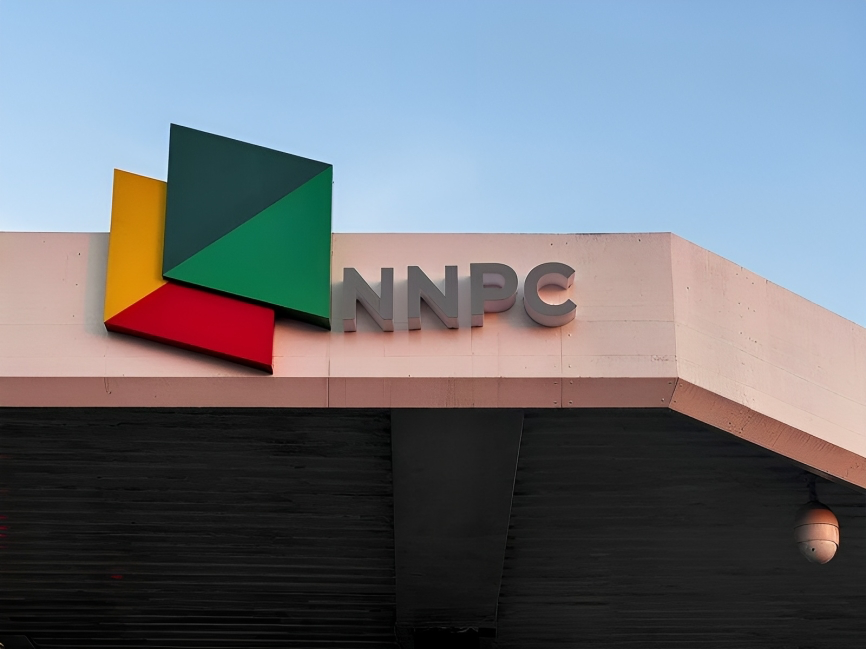Nigeria, Africa’s largest oil exporter, is facing a severe fuel shortage as the national oil company struggles to meet the demand of its 200 million citizens. The country relies heavily on fuel imports since its domestic refineries are not functioning well. However, due to the economic crisis, private companies that were granted licenses to import fuel in June cannot access foreign currency.
The Nigerian National Petroleum Company Limited (NNPCL) said on Monday that it is the sole importer of petrol in the country, as private firms cannot afford to buy foreign currency at the official rate or the parallel market. The NNPCL chief executive, Mele Kyari, said that the company has access to foreign exchange because it creates it from oil exports, while other fuel companies have limited access.
This situation has led to long queues at petrol stations, inflated prices, and black market activities. Many Nigerians use petrol to power generators because of the unreliable electricity supply. The fuel crisis also affects other sectors of the economy, such as transportation, agriculture, and manufacturing.
The government has not reinstated the fuel subsidy that was removed in May despite the rising cost of oil in the international market. Kyari said that the current pump prices reflect the market adjustment and that there is no subsidy on petrol. However, some analysts have argued that the government indirectly subsidizes petrol by keeping the official exchange rate lower than the parallel rate.
According to experts, the solution to Nigeria’s fuel crisis lies in increasing domestic refining capacity and allowing private importers to access foreign currency at a fair rate. The government has announced plans to rehabilitate its four refineries and support private initiatives, such as the Dangote refinery, which is expected to be completed by 2023. The government has also promised to liberalize the foreign exchange market and unify the multiple exchange rates.
If implemented effectively, these measures could reduce Nigeria’s dependence on fuel imports and save foreign exchange for other productive uses. They could also improve the availability and affordability of petrol for Nigerians and boost economic growth and development.
Source: Business Insider Africa



